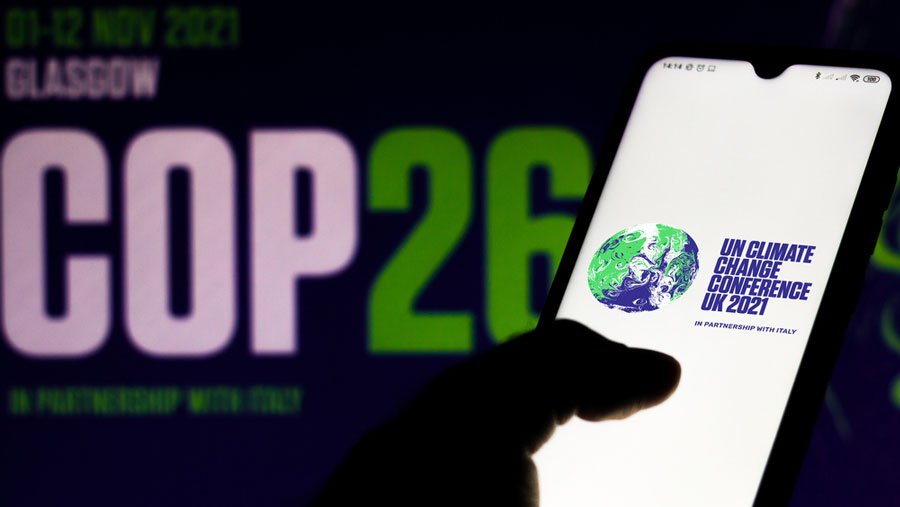Diplomats from nearly 200 countries on Saturday struck a major agreement aimed at intensifying global efforts to fight climate change by calling on governments to return next year with stronger plans to curb their planet-warming emissions and urging wealthy nations to “at least double” funding to protect poor nations from the hazards of a hotter planet.
The new deal will not, on its own, solve global warming, despite the urgent demands of many of the thousands of politicians, environmentalists and protesters who gathered at the Glasgow climate summit. Its success or failure will hinge on whether world leaders now follow through with new policies to cut greenhouse gas emissions. And the deal still leaves vulnerable countries far short of the funds they need to cope with increasing weather disasters.
The talks underscored the complexity of trying to persuade scores of countries, each with its own economic interests and domestic politics, to act in unison for the greater good.
But the agreement established a clear consensus that all nations must do much more, immediately, to prevent a harrowing rise in global temperatures. It set up transparency rules to hold countries accountable for the progress they make or fail to make.
Architects of the agreement hoped it would send a powerful signal to capitals and corporate boardrooms that more ambitious action on climate change is inevitable, which could in turn empower civil society groups and lawmakers working to shift countries away from burning oil, gas and coal for energy in favour of cleaner sources like wind, solar and nuclear power.
Yet many others said the deal failed to meet the moment, in a year of deadly heat in Canada, devastating floods in Germany and New York, and raging wildfires in Siberia.
Going into the summit, world leaders said their ultimate goal was to prevent Earth from heating more than 1.5° Celsius compared to pre-industrial levels. Past that threshold, scientists have warned, the risk of deadly heat waves, destructive storms, water scarcity and ecosystem collapse grows immensely.
But even as countries vowed to step up their climate efforts both before and during the Glasgow summit, they are still falling far short.
The detailed plans that governments have made to curb fossil-fuel emissions and deforestation between now and 2030 would put the world on pace to warm by roughly 2.4° Celsius this century.
The new agreement in Glasgow asks countries to come back by the end of next year with stronger pledges to cut emissions by 2030. Though the agreement states clearly that, on average, all nations will need to slash their carbon dioxide emissions nearly in half this decade to hold warming below 1.5° Celsius, it leaves unresolved the question of exactly how the burden of those cuts will be shared among nations.
It remains to be seen if countries will follow through; there are no sanctions or penalties if they fail to do so. Money, meanwhile, remained a huge sticking point in the talks.
New York Times News Service











